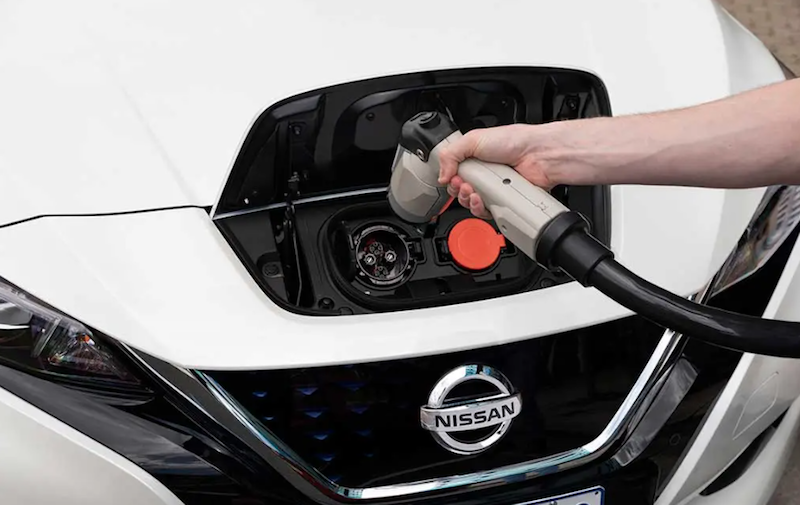On several occasions there has been talk that a reduction of the Value Added Tax (VAT) on electric vehicles could increase the market in Spain by a factor of three.
The sector has been asking for this for a long time, but Brussels has refused these requests.
Despite this, electric vehicle manufacturers are not giving up hope and continue to invest in this area.
David Barrientos, Intelligent Mobility Communication Manager at NISSAN, says: «We need help from the government in terms of taxation».
A reality that the carmaker is facing today is that «99% of electric vehicle users are very satisfied», which is why its focus is on those who have not yet taken the plunge.
Therefore, they note that a great incentive for those who are undecided could be the tax reduction.
«This is a key aspect to raise consumer awareness, as the customer is normally very receptive to this type of aid», says the representative of the Japanese company.
Today, all the actors involved in this transition agree in highlighting the current stage of the mobility sector and the need for current involvement in the process that concerns them today.
That is why they consider, both from Nissan and from the place of its competitors, the creation of a favourable environment of public investment and regulation that will result in a safer, cleaner, more efficient and better connected sustainable urban mobility.
A reality that David Barrientos also seeks to highlight is the fact that a new tax system would serve as an ideal complement to schemes such as Moves.
This has served as a key push for some time now for the penetration of the electric car in the Spanish market, and «we could see a much stronger market».
«We are on the right track, but we need to accelerate,» says the Nissan representative.
As an example, he cites the cases of Germany and the United Kingdom, which have developed interesting levels of registration in these segments, which has led to heavy investment in their local factories.
Therefore, he points to the fact that Spain has the capacity, as the second largest automotive manufacturer, to follow these models to support its local industries.
«Just having a strong market is not synonymous with the plants taking root locally, so we have to continue working hard to keep them here», he adds.





















